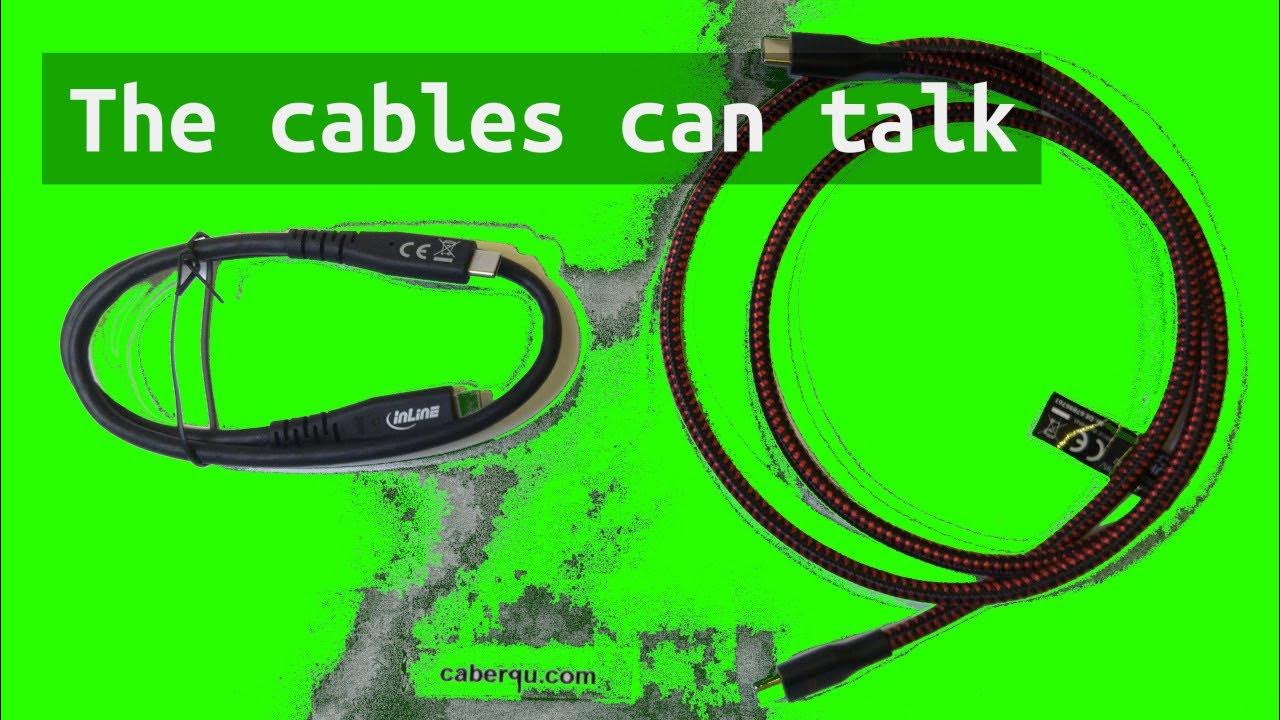cross-posted from: https://lemmy.world/post/17453840
The USB-C cable tester in this video looks really good, but it seems to be unavailable for now: https://ble.caberqu.com
Are there any alternatives I can buy right now?
Ngl i didn’t read what community this was and assumed it was a shitpost
I assumed it was some either some BS article telling us about a BS AI usb product …OR a BS audiophile article trying tell us how crosstalk from your usb cable will ruin the sound and we need a 800€ ultra high density thbtq insulated core USB 7.0 type Zed cable.
USB 3.x actually does produce 2.4GHz interference, which could cause stuttering if you use Bluetooth and your adapter is too close to the USB port/hub or a USB 3 device. Shielding for USB 3 devices and cables does matter, and lack of shielding is part of why Chinese devices from Amazon (or worse, Temu/AliExpress) are so cheap. That’s about as crazy as it gets though, sorry.
If your goal is high quality audio, you’ve lost the battle the moment you put Bluetooth in the signal chain.
As for shielding usb devices, I’m going to guess any respectable DAC over $40 will be okay in that regard.
I’m mostly poking fun at the audiophile scams that claim absurd crap. It would not suprise me if one claimed that even a quality usb cable was the cause of all your troubles and you need some overpriced word vomit cable to achive better sound.
I tried to A/B test 256 kbps AAC and it’s actually really hard
I saw someone do it on video and he’s constantly replaying the same 0.1 seconds of a song. It’s not obvious at every point, only some cymbal hit or similar
100% some internet funeral aesthetics
Is this about emarkers? It’s just advertising cable speeds and power capacities for charging.
I believe cable length is included in the emarker data too, probably useful in conjunction with PD PPS to identify whether the cable is damaged based on the resistance/voltage drop
It indeed is, but there seem to be no testers available for resistance measurements.
Would be nice if there was something that could read the outputs/inputs on proprietary USBc implementations. Like my Asus tablet that only charges at the full 100w with the OEM charger.



